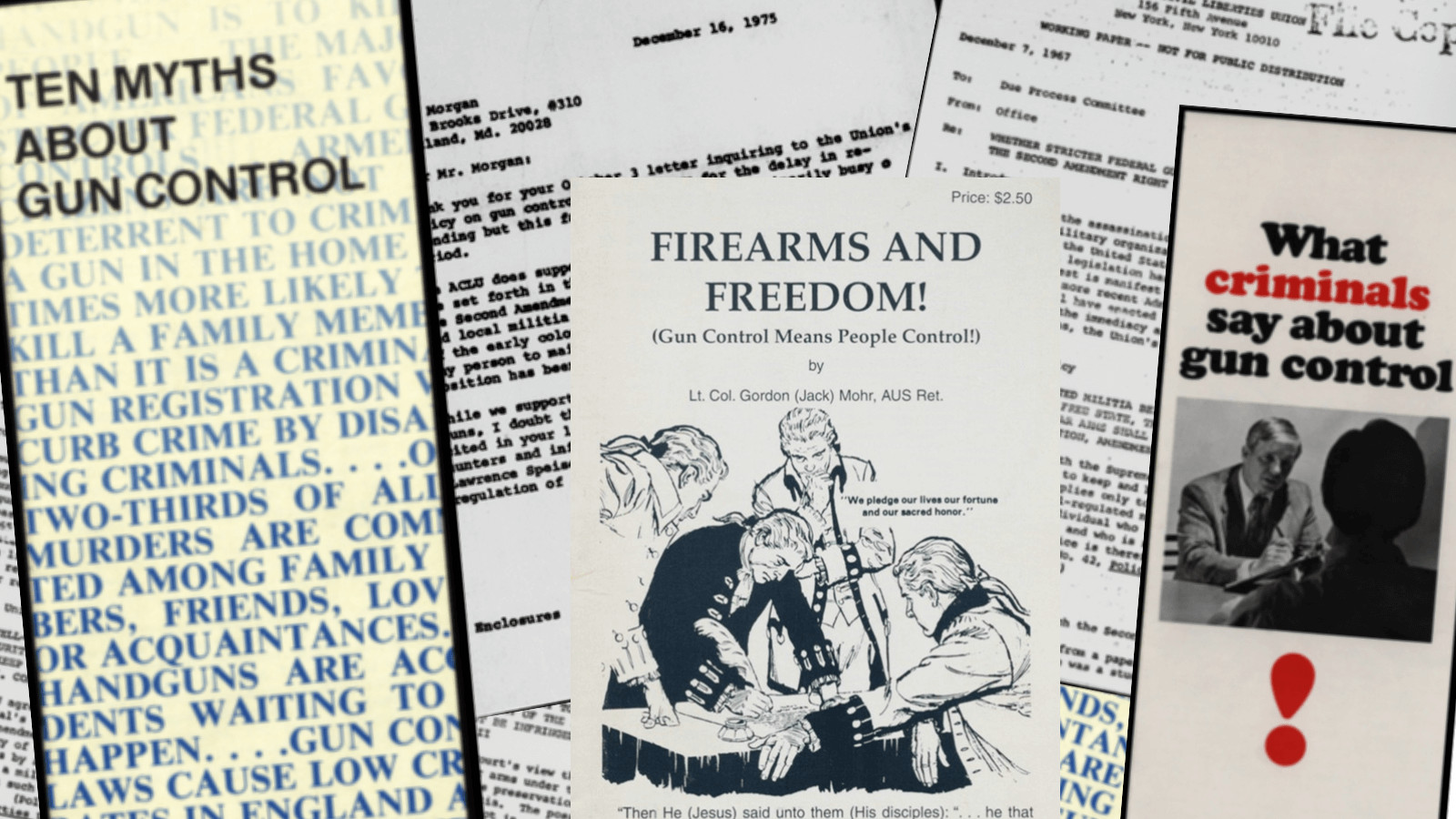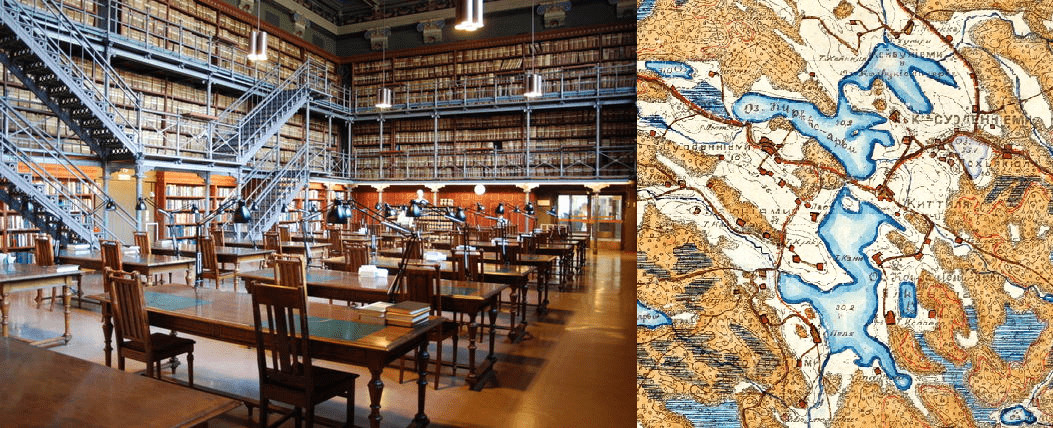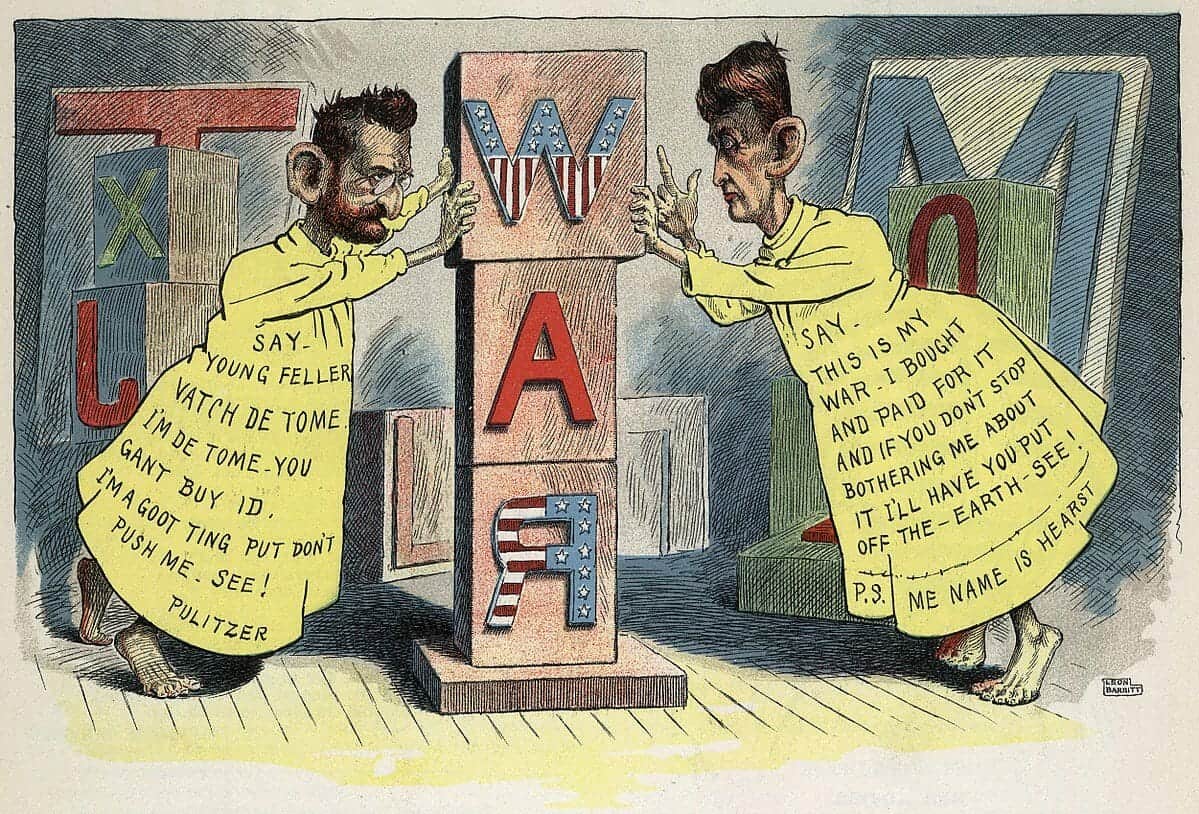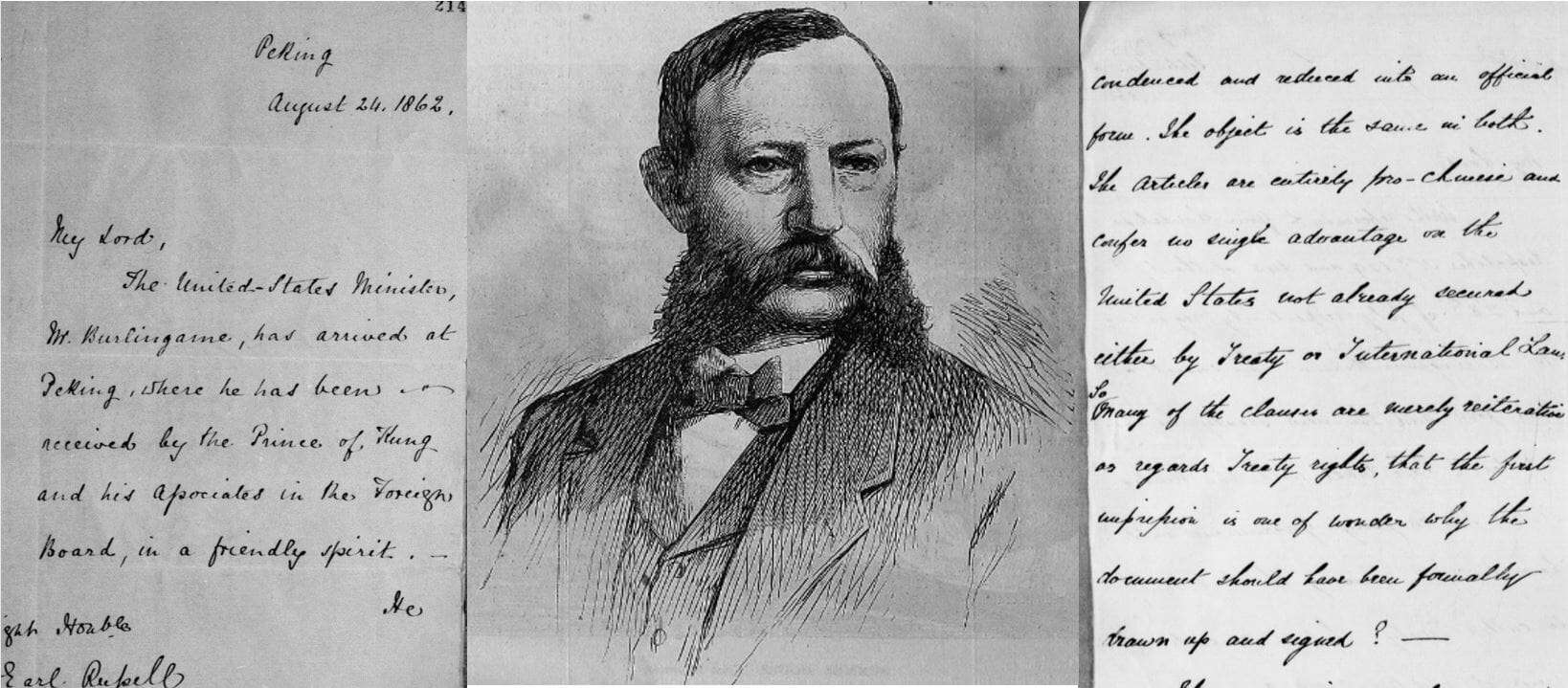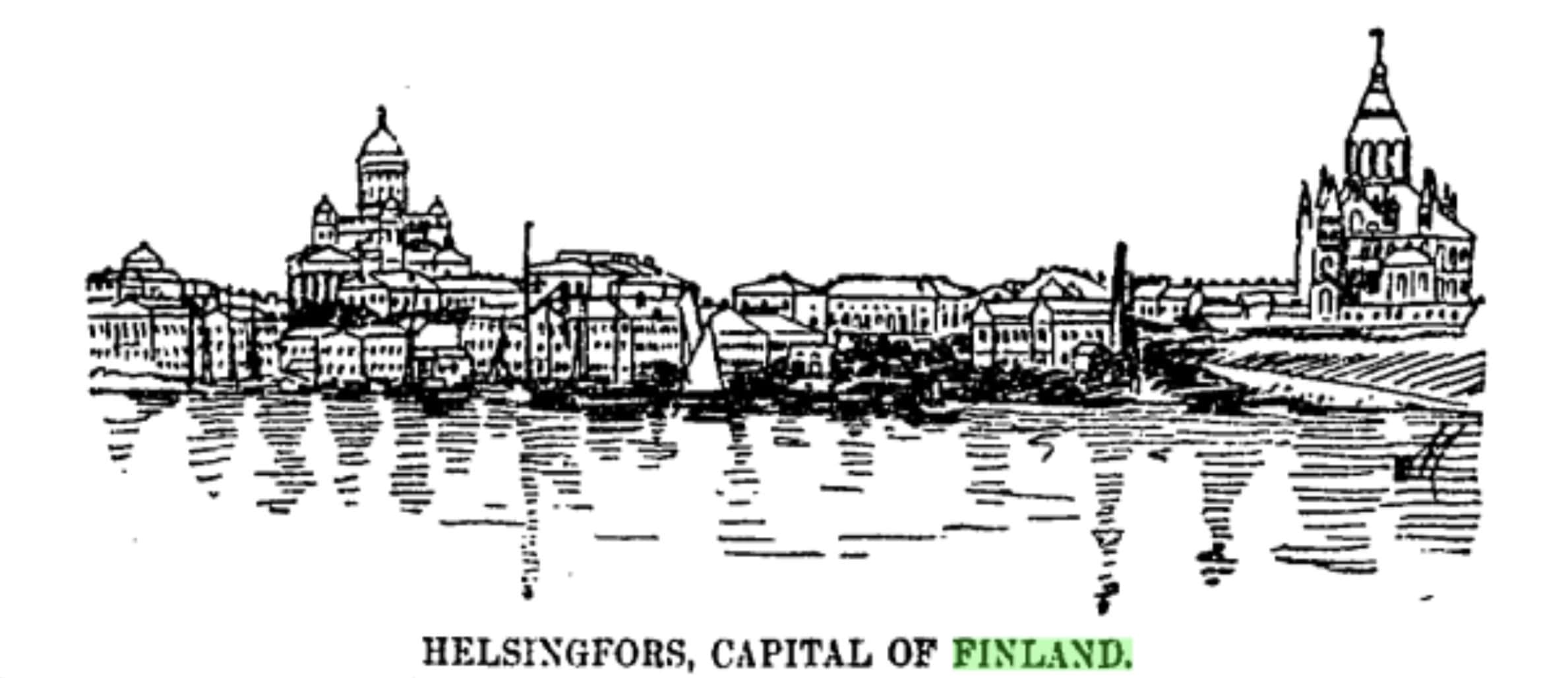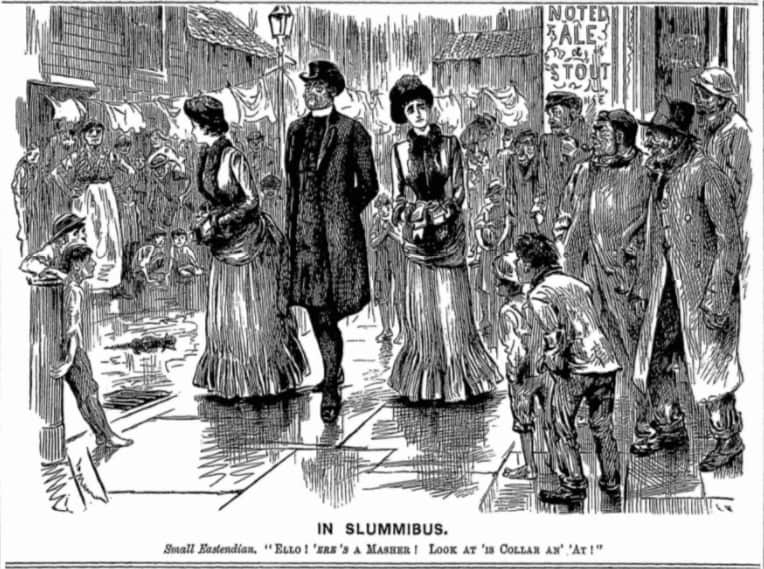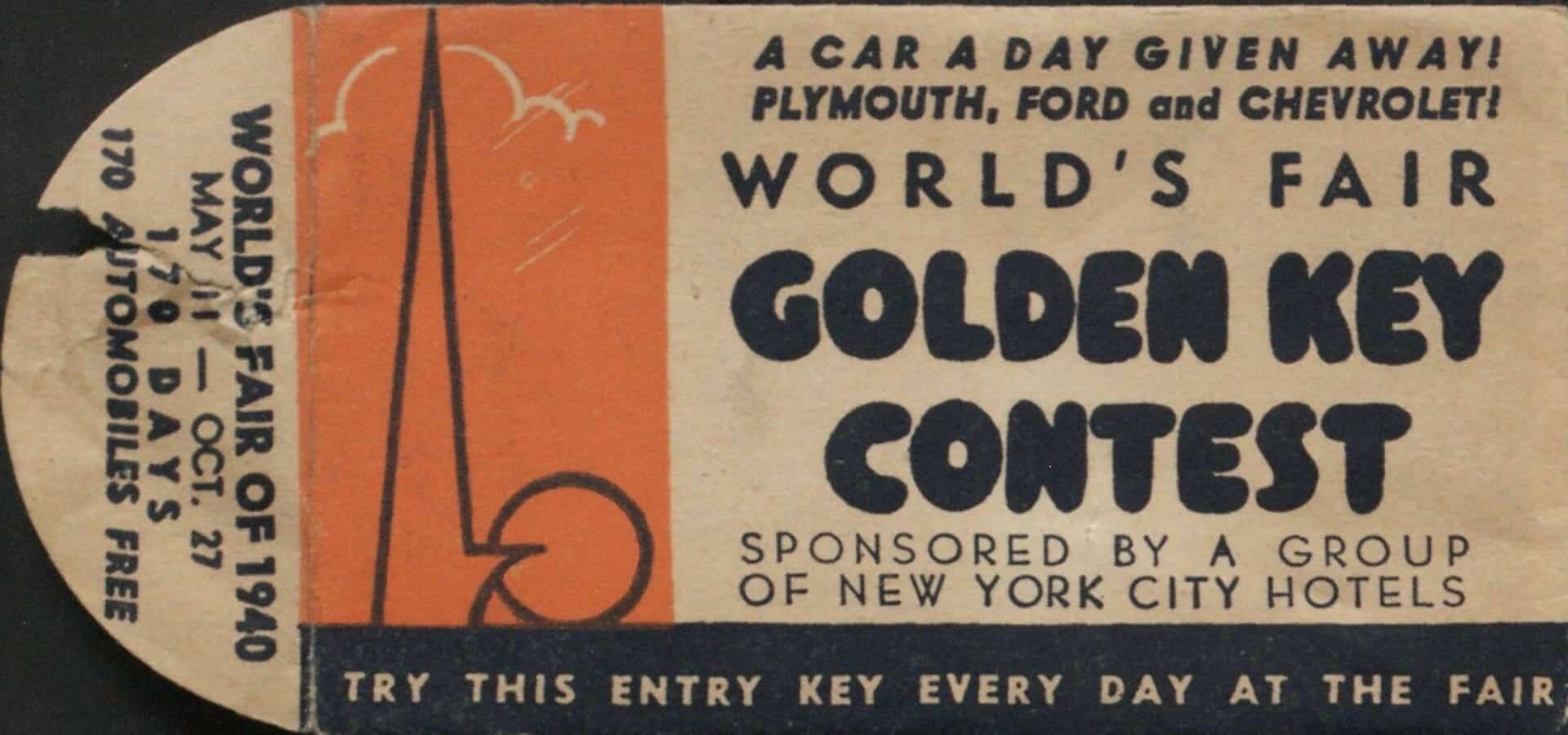|By Rachel Holt, Gale Primary Sources Acquisitions Editor|
This week (July 2022), US President Joe Biden was heckled by the father of a mass shooting victim during a White House event celebrating the passage of a federal gun safety law. This comes in the wake of the mass shooting that killed nineteen children and two teachers at an elementary school in Uvalde, Texas, on May 24, 2022. But how did we get here?

